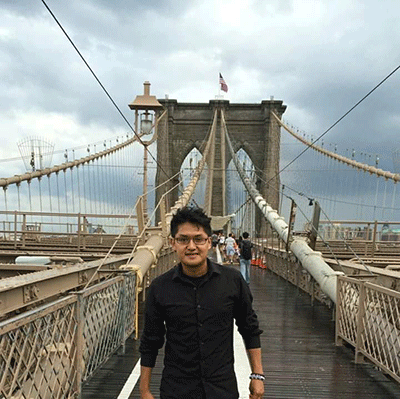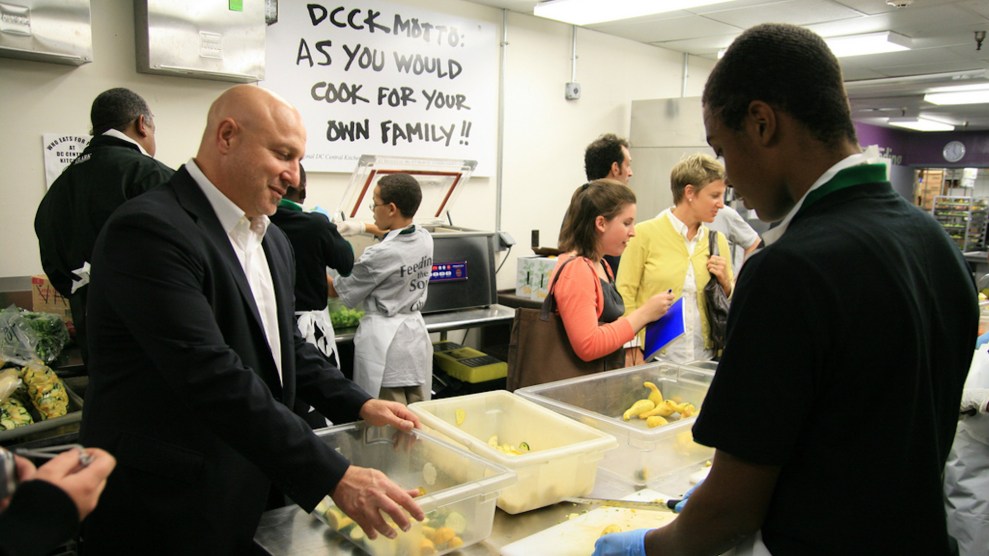Enrique Diaz, 24, leads a busy life. He works 50 to 60 hours per week as a waiter at a restaurant in Lower Manhattan and takes classes at John Jay College for Criminal Justice, where he’s close to earning a bachelor’s degree in forensic psychology. On November 8, Diaz suddenly got a new challenge: contending with an incoming president who wants to purge him—and his family—from the country.

President-elect Donald Trump ran on a platform of bare-knuckled xenophobia, insulting Muslims and Mexicans and vowing to expel 11 million undocumented immigrants. Since the election, he has reiterated those sentiments, declaring he would assemble a “deportation force,” appointing a champion of anti-Muslim extremists, Steve Bannon, as his chief White House strategist, and tapping a notorious immigrant-basher, Sen. Jeff Sessions (R-Alabama), as attorney general.
As I noted in this pre-election post, the Trump program amounts to a direct attack on the very people who feed us. The entire food system, from farm fields to meat-packing floors to restaurants, is shot through with immigrants, large numbers of whom are undocumented.
To get an idea of what it feels like to work in the food system while being targeted by the incoming administration, I interviewed Diaz for Bite podcast.
He moved to Brooklyn at eight years old, when his parents migrated from Mexico City without papers. Still living in Brooklyn, he currently has a two-year work permit under a program called Deferred Action for Childhood Arrivals (DACA), a policy created by a 2012 Obama administration executive order. DACA is intended to protect the approximately 1.7 million people in Diaz’ circumstances: undocumented young adults who migrated to the United States before their 16th birthday. DACA doesn’t offer a path to citizenship; it allows people who quality to apply for work permits and gain temporary protection against deportation.
Trump has vowed repeatedly, including on his campaign website, to rescind DACA “immediately.” So in addition to juggling 12-hour restaurant shifts and college classes, Diaz—whose brother also has DACA status —now has to contend with a promised immigration crackdown.
I talked to Diaz about his experience on Election Day, which started with a stint volunteering as a translator at a Brooklyn polling booth, and also about how the Trump victory went over with his fellow immigrants at work and at home with his family. “I’m afraid, I’m terrified,” Enrique said. “But I can’t show it at home”—he feels like he should maintain a calm face for his parents. Such stress reverberates through the food system.
Bite is Mother Jones‘ podcast for people who think hard about their food. Listen to all our episodes here, or subscribe in iTunes, Stitcher, or via RSS.









